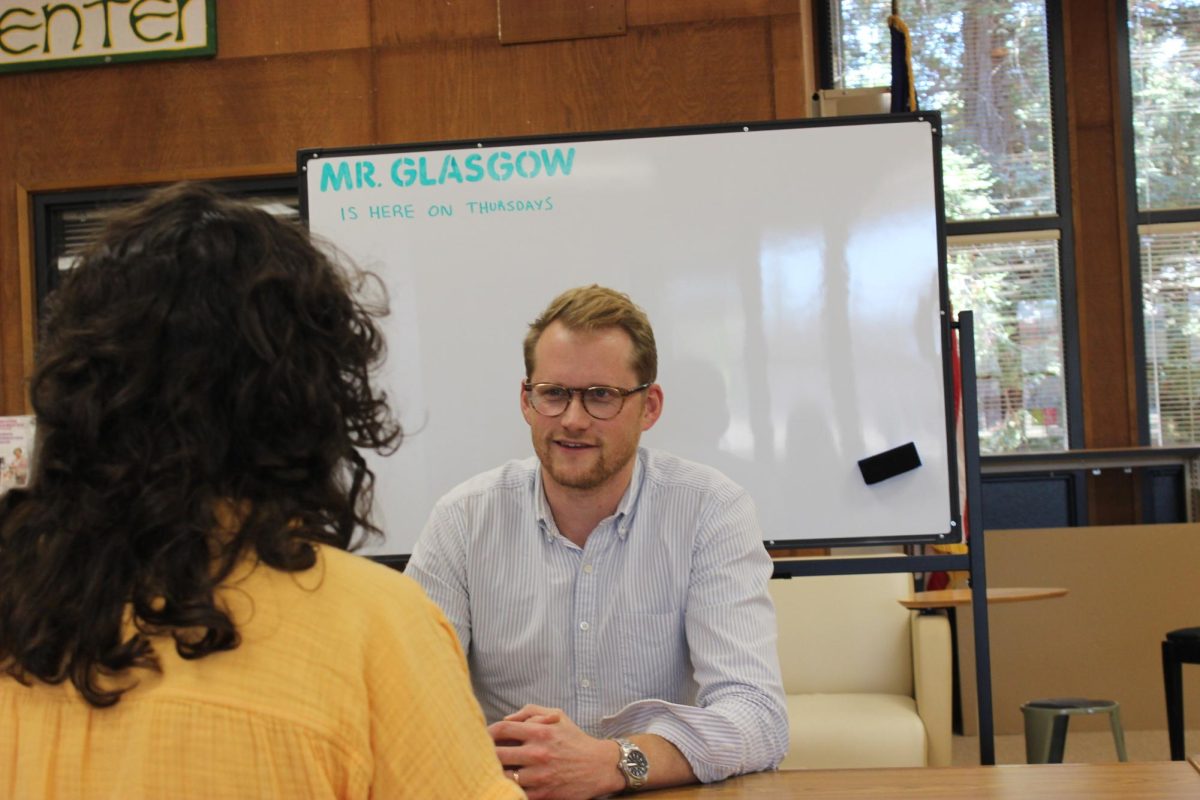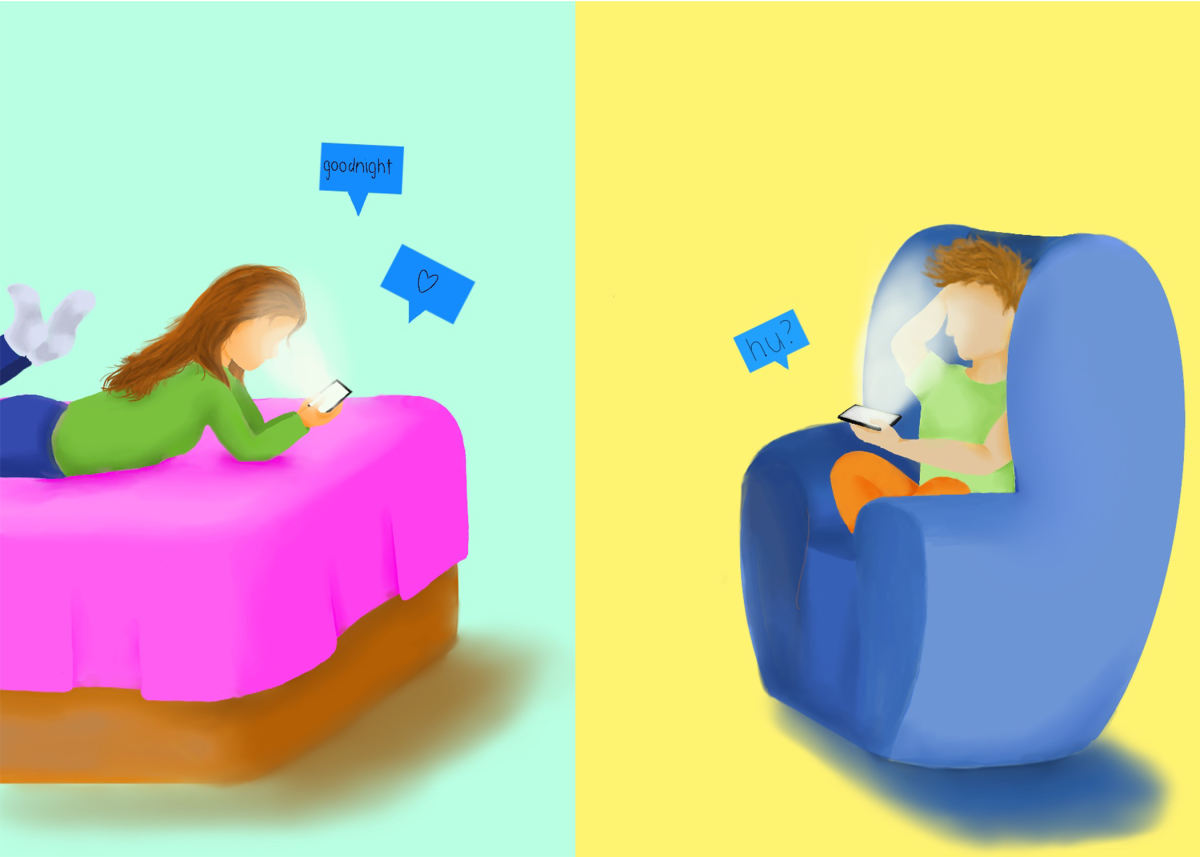By Molly Albertson and Makayla Young
Teens have debated why the “talking stage” seems to be increasing. Many believe it reflects the “hook-up” casual dating cultures, with fewer and fewer teens wanting to seriously commit to one person. However, others feel that the rise of the talking stage allows them to get to know the person better before making a commitment. While some say the talking stage should only last a few weeks, others say it should last months.

The debate of how long the talking stage should be also sparks the question of what exactly the talking stage is, or should look like. Some believe that the talking stage only lasts until the first “hang out,” others believe you can hang out while talking to someone without being considered “dating.”
“I think if you like this person or are just getting to know them, then it should last a couple of weeks,” sophomore Jason Gillen said. “If you still want to get to know them a little more then maybe a month or so.”
In recent years, many students have felt that there has been an increased time of the talking stage. Along with the increased time, the talking stage has also evolved to take place mostly on Snapchat or other messaging apps rather than in person. This leads to many questions about how to approach the talking stage.
“It’s in between being friends and being in a committed relationship.”
– Leah McAvoy
Sophomore
“It’s in between being friends and being in a committed relationship,” sophomore Leah McAvoy said.
In many instances, students feel that the talking stage is no longer a stepping stone to a relationship, but rather a trap that becomes impossible to escape, leading people into “situationships” instead of committed relationships. A situationship is when two people are in a relationship, but don’t consider themselves as a couple. It can be confusing for both parties, due to the commitment level being unclear, or each person giving an unequal amount of effort.

The talking stage may never lead to a relationship in some cases. Since the talking stage allows people to get to know each other better, it also gives them more opportunities to decide they don’t want a relationship. This could be due to them feeling that they aren’t ready for that kind of commitment, or just feeling like the person they’re talking to isn’t right for them. This could lead to the other person feeling like they misread the situation and that they grew too attached to who they’ve been talking to. If the talking stage lasts too long and doesn’t go anywhere, it can hurt to lose the person you’ve spent so much time getting close to and talking with. This is why some people prefer a shorter talking stage over a longer one.
“It almost helped that it was only a couple weeks so that we were still interested in getting to know each other when we started dating,” Talbot McAndrews, a sophomore who has been dating her boyfriend for three months, said. “[The talking stage helped] to get to know each other on more of a personal level than being just friends.”
























